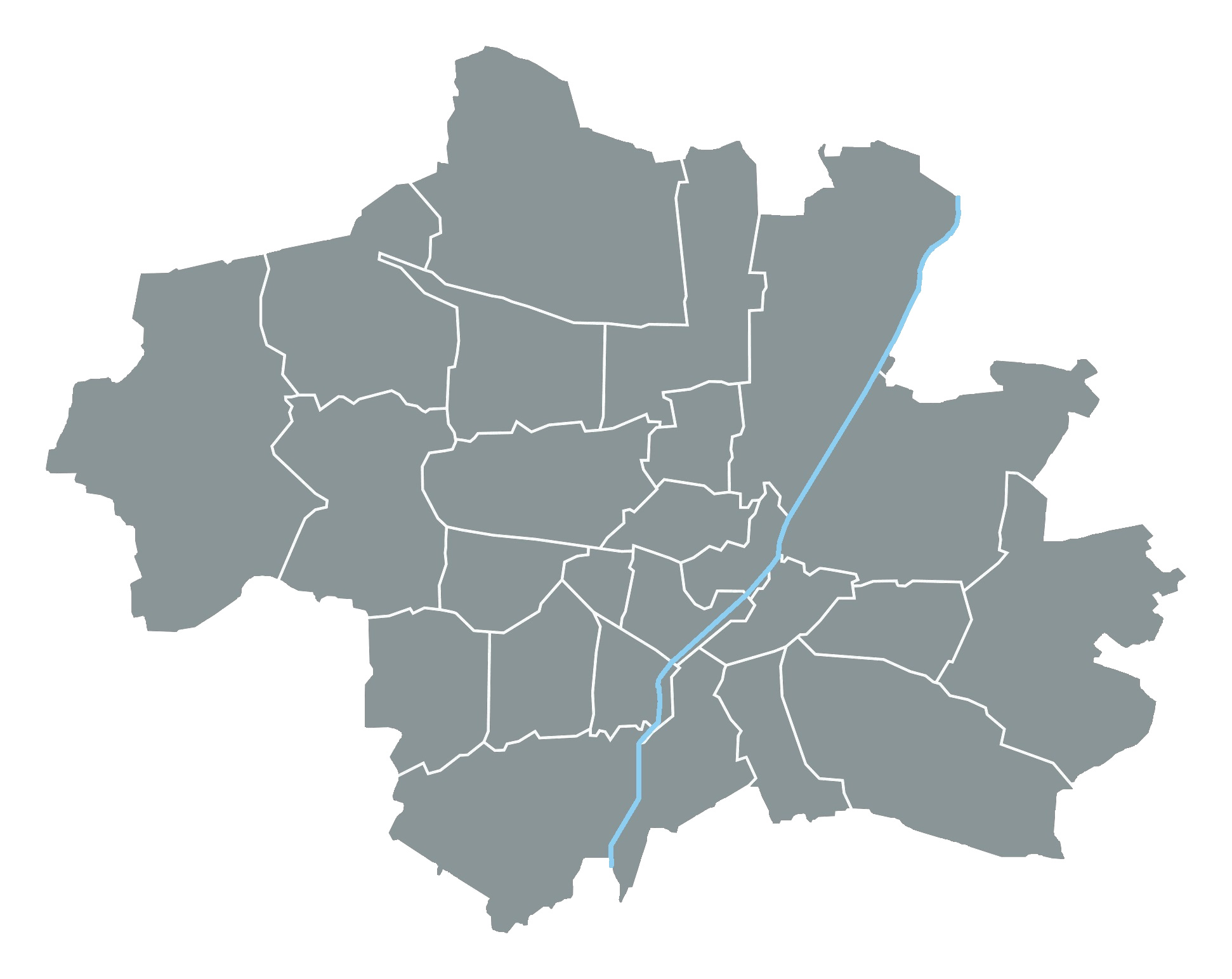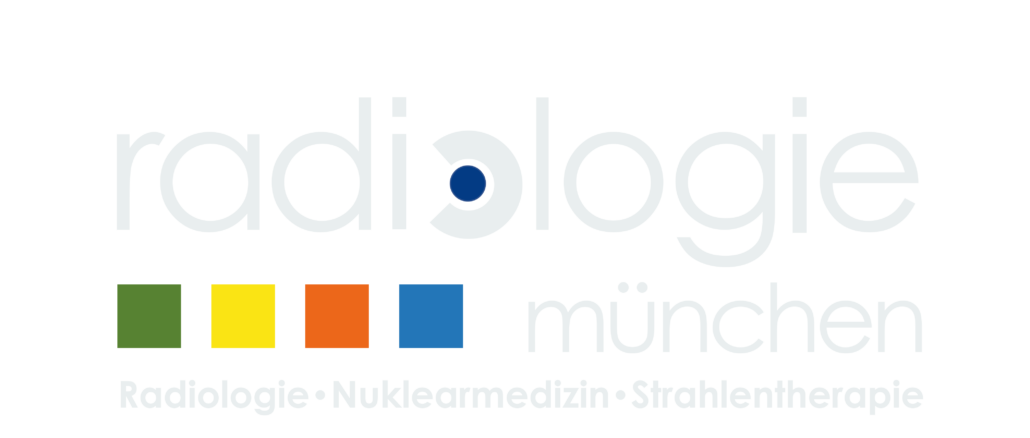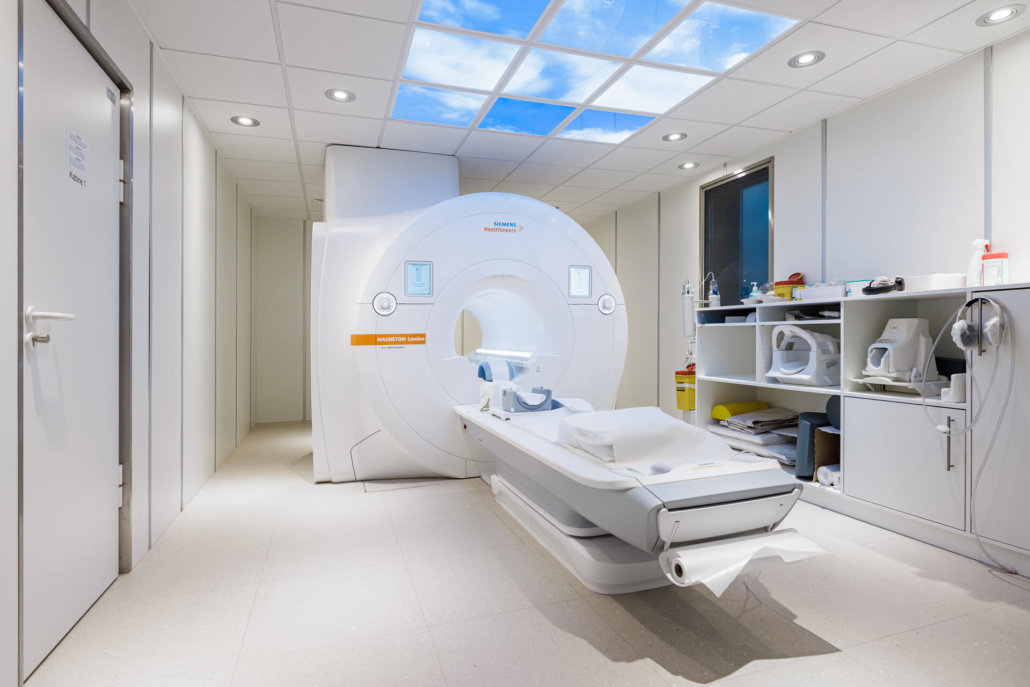Prostate MRI – innovative diagnostic technique
Prostate cancer (prostate carcinoma), i.e. cancer of the prostate gland, is the most common cancer in men in Germany, with more than 60,000 new cases per year. Cancer can be detected at an early stage with the help of regular screening examinations and, in the case of more precise diagnostics, prostate MRI.
Arrange online appointment
Quickly and easily get an appointment at a Radiologie München practice in Radiologie München.
Where can you have a prostate MRI performed in Munich?
At Radiology Munich, multiparametric MRI (mpMRI) of the prostate, also called MR prostatography, is offered by our team of experts led by Prof. Dr. Anno Graser.
Prof. Graser personally performs more than 2,000 MRIs of the prostate a year, making him one of the top experts in this field in Europe. Benefit from his experience and have your examination performed at Radiology Munich!

Cancer screening and therapy basics
Regular screenings with your urologist or primary care physician can prevent serious cases of the disease. In early stages, prostate cancer usually behaves without symptoms, because the cancer is not noticeable due to its small size.
In general, it is recommended that men over the age of 50 go for regular screening once a year. For men whose father or brother already have prostate cancer, it even makes sense to go for screening from the age of 45, since there is a genetic predisposition. If this is the case, there is a much higher risk of also developing this type of cancer.
Forms of diagnosis in prostate cancer
MRI of the prostate
If the PSA level is elevated, multiparametric magnetic resonance imaging (mpMRI) of the prostate can be performed for further clarification. This imaging, non-invasive procedure reveals inflammation or possible carcinoma as the reason for the elevated PSA level. MRI scan provides a reliable and meaningful result, showing both the size and spread of any cancer of the prostate. Often, the reason for an elevated PSA level is an enlargement of the prostate and chronic inflammation, prostatitis; this can also be accurately detected by MRI.
Prostate MRI takes place on an outpatient basis. Our medical specialists and medical technical assistants will guide you through the entire process and will be happy to answer any questions you may have about the examination. The MRI scan of the prostate is performed with the patient lying down and takes about 30 minutes; administration of contrast into the vein is required. Immediately after the examination, Prof. Dr. Graser or a member of his team of experts will discuss the results of the examination with you.
Biopsy
A mpMRI of the prostate is increasingly used to guide a biopsy, i.e. the removal of a tissue sample, from the prostate. Your urologist can use our high-resolution MRI images to achieve a higher biopsy hit rate (“fusion biopsy”). This requires a particularly high resolution and detail of the MRI images; we offer this at Radiologie München. Only with a fine tissue (=histological) examination can the cancer be correctly diagnosed and classified in order to develop an individual treatment plan for the patient.
What should be considered during a prostate MRI?
During the MRI examination, the patient is injected with a usually well-tolerated contrast agent into the arm vein. This is used to better differentiate the structures in the prostate; in particular, the differentiation of an active inflammation from a prostate cancer is more accurate with contrast medium. If you have an intolerance or allergy, or if you have a kidney dysfunction, please let the team know before the examination.
The examination does not require any special preparation. However, the patient should drink little before the examination and refrain from coffee and tea, as the urinary bladder should be empty and the bowel should be less active during the examination. The same applies to sumptuous and flatulent foods before the examination.
What are the costs for prostate screening?
Adults with statutory health insurance are entitled to preventive examinations and the costs of regular checks and examinations for the early detection of cancer are covered by the health insurance. For prostate screening, the cost of the digital-rectal examination and the PSA test is covered from the age of 45.
If an MRI is necessary to confirm a more accurate diagnosis, the individual case must be reviewed by the health insurance company. In most cases, the costs are covered in full for privately insured patients, while the health insurance company decides for those with statutory health insurance. In this case, please ask your health insurance company whether the costs will be covered.

